Associate Teaching Professor
Carnegie Mellon University
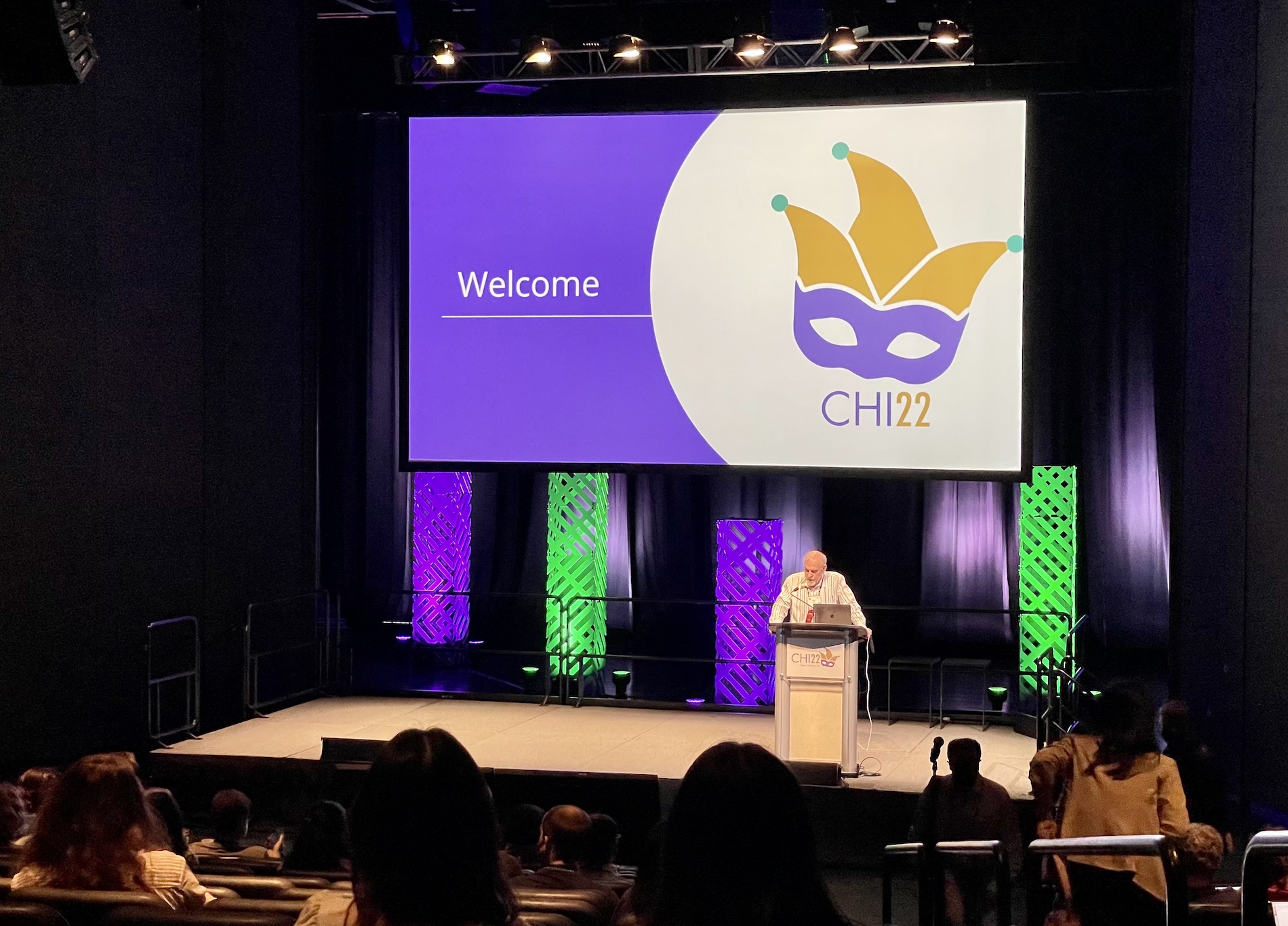
Last week I attended the ACM CHI 2022 conference in New Orleans, the premier research conference in human-computer interaction. My goal was to attend as many presentations about data science and human-AI collaboration as possible.
Below are my notes about a handful of the presentations on computational notebooks, including my summary and links to the presentation video, short preview video, and paper for each.
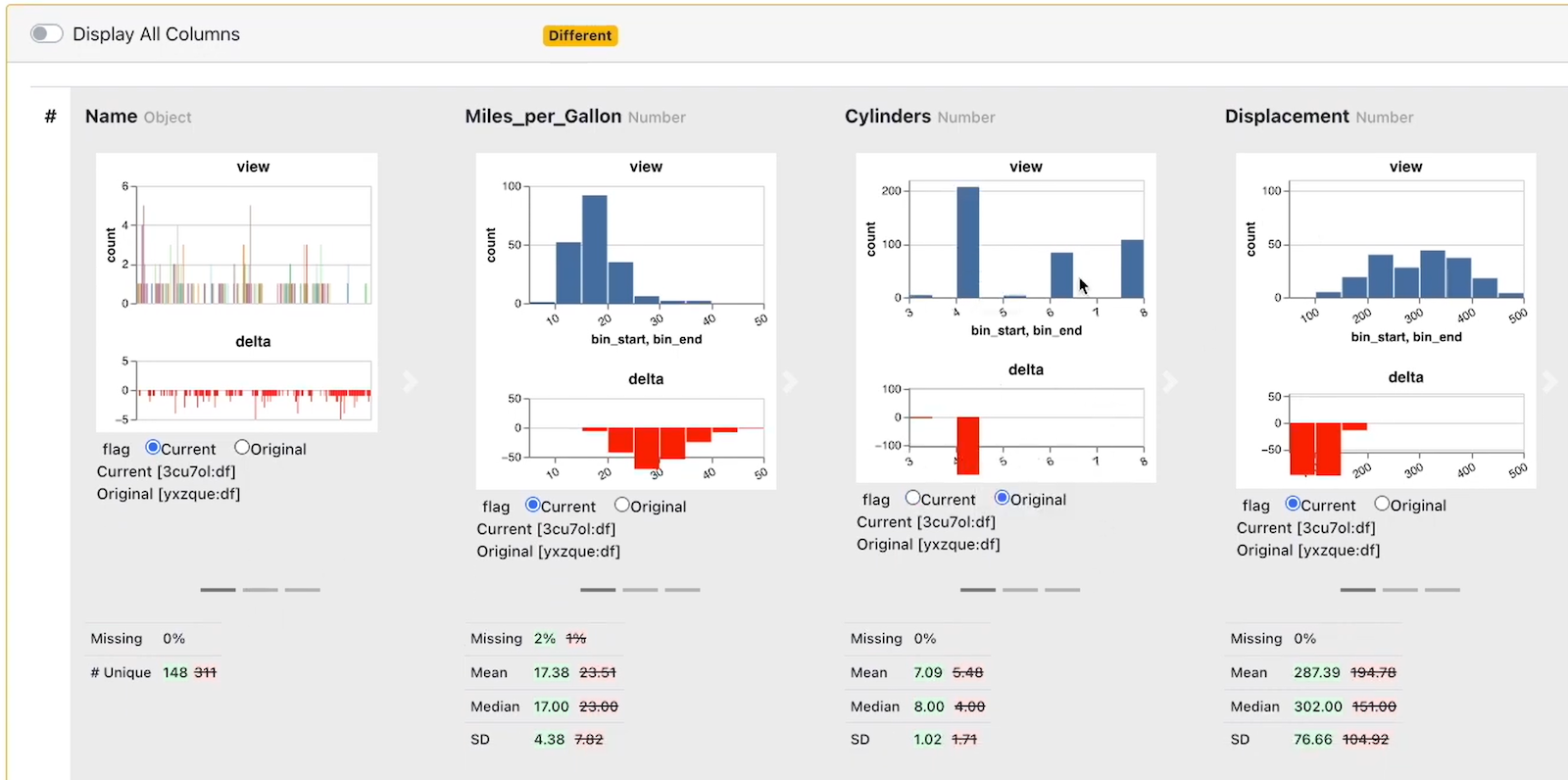
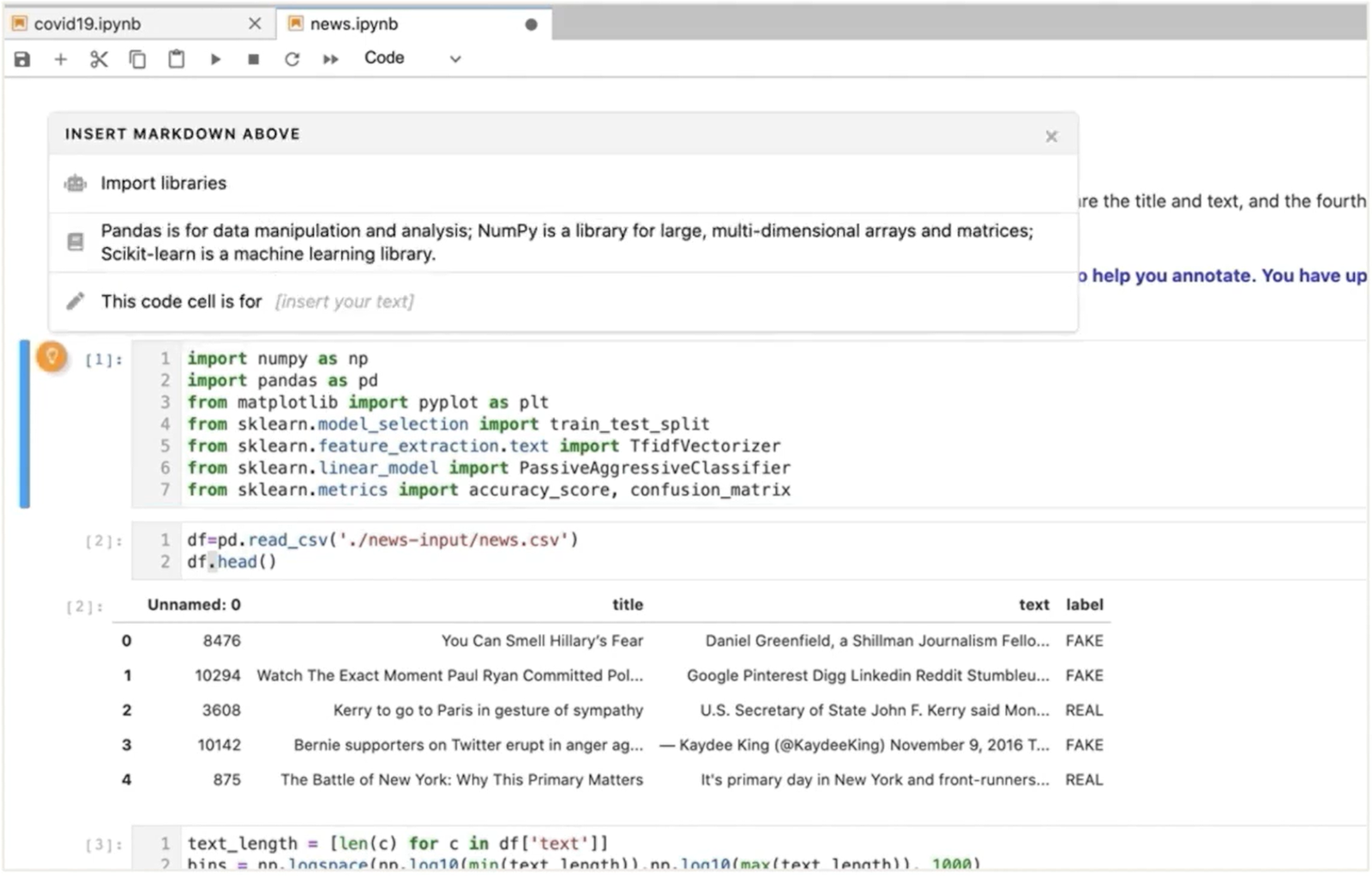
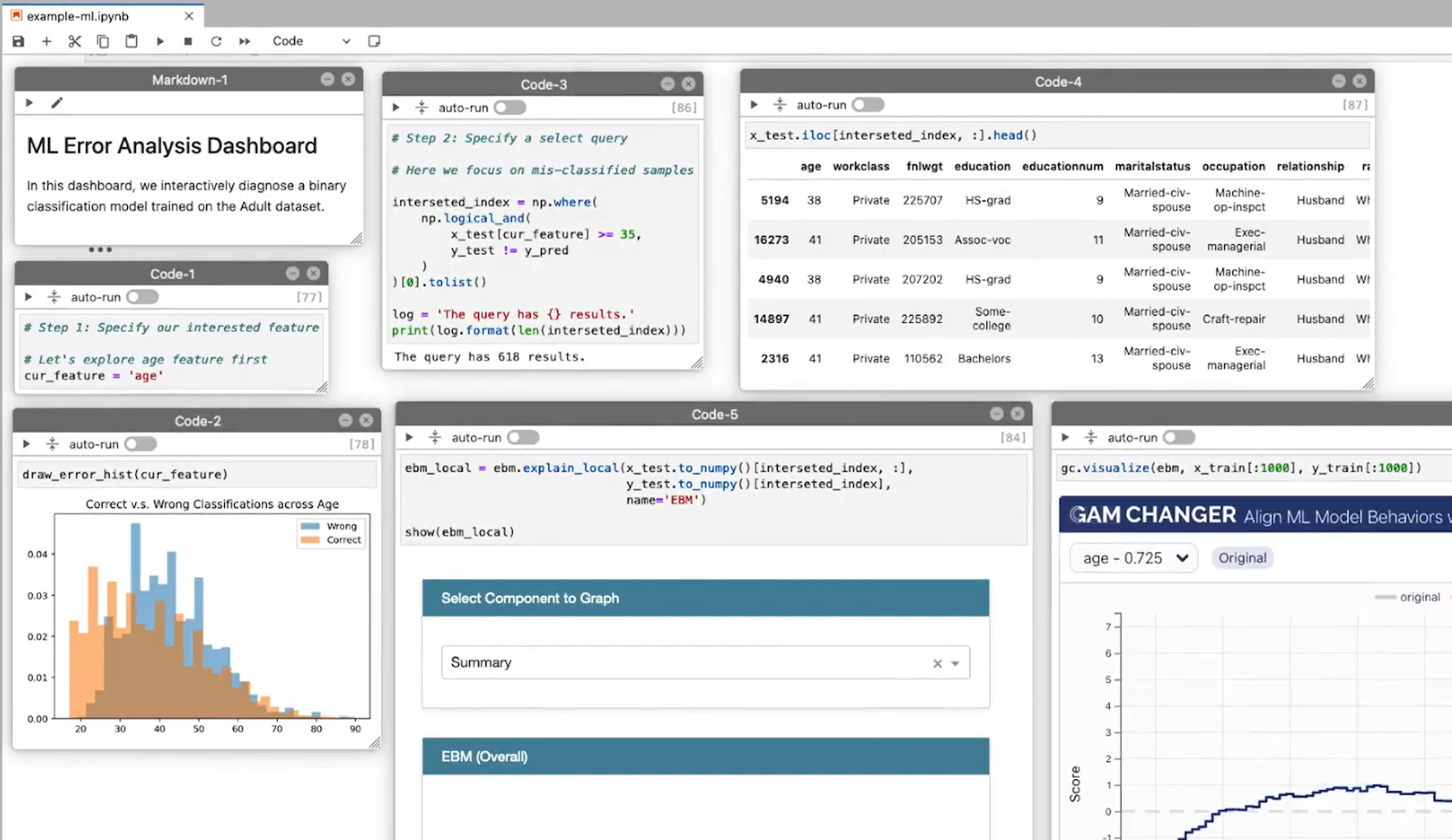
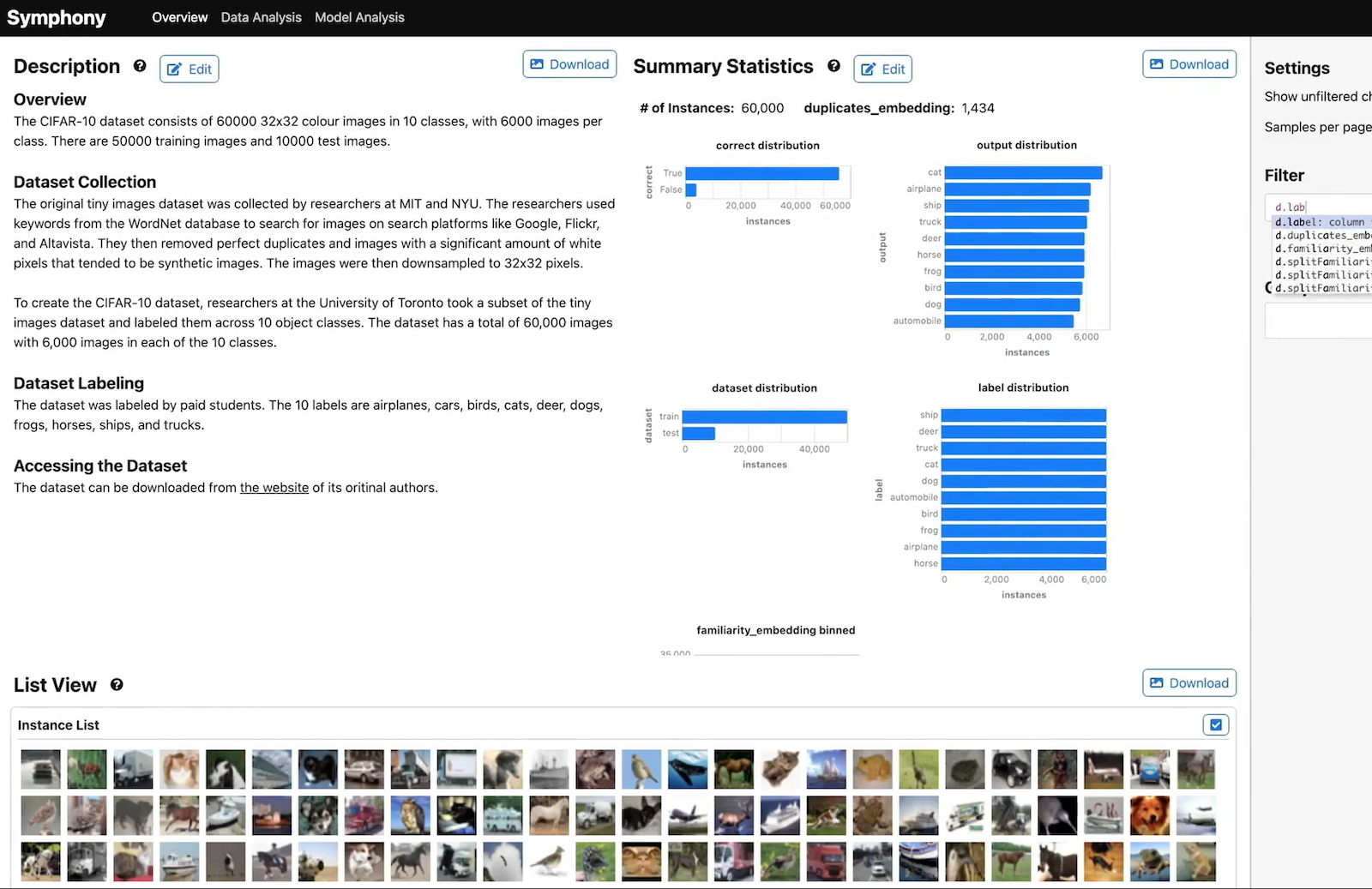
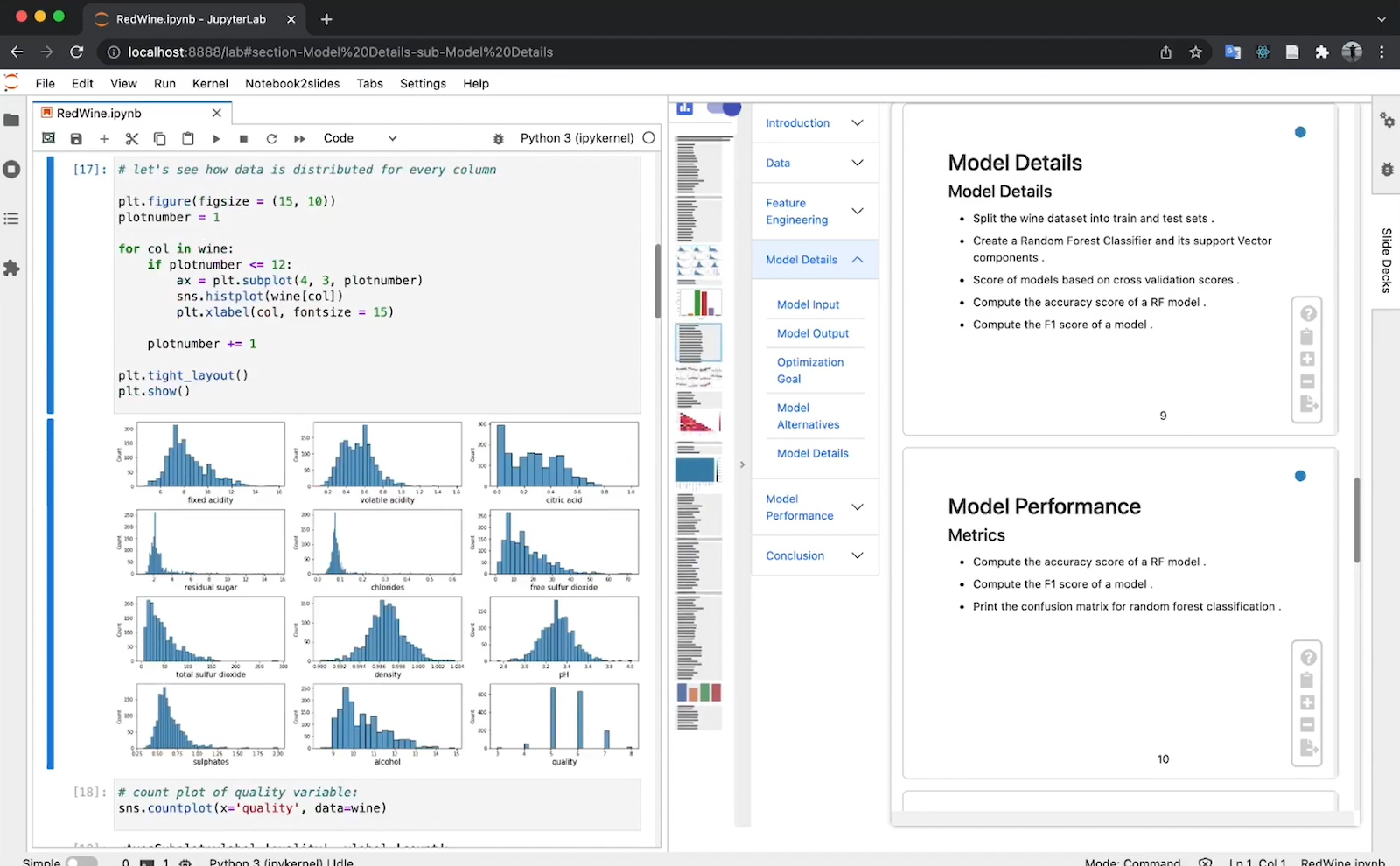
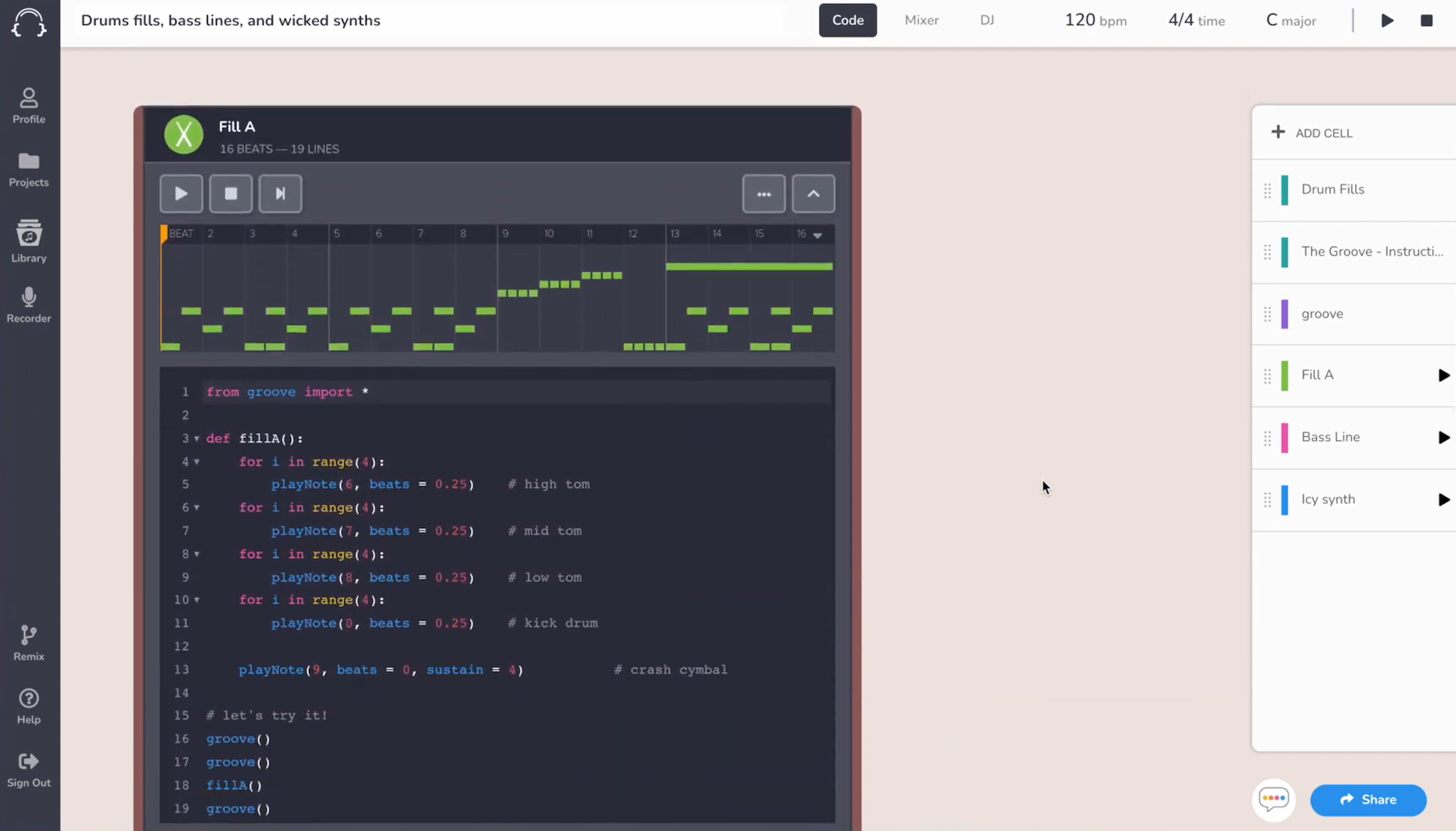
Hope to see you next year at CHI 2023!